
Blog by Gary Bourlet – Membership and Engagement lead of Learning Disability England.

Disability Hate Crime affects so many people with a learning disability, and not enough is being done to stop it.

During my lifetime working with charities or self-advocacy groups I have seen and heard plenty about it.
These groups know it is a problem and they are doing plenty to try and stop it happening.
Unfortunately, change has been rather slow.

The BBC show, ‘Targeted: The Truth About Disability Hate Crime’, that was broadcast recently showed some awful experiences people have had with this type of hate crime.
It also showed how many disability hate crimes are not prosecuted.
The program said just 1.6% of disability hate crimes in England and Wales that are reported leads to someone being charged.

This is despite the ‘Framework for Implementation’ which was published by ACPO in 2013 which was meant to be a manifesto for change.
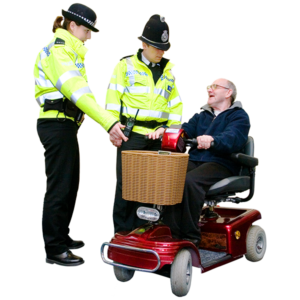
Sadly, because of these failures, many people have come to take hate crime in their stride rather than reporting it.
A lot of people with learning disabilities are frightened to speak out in case they make the situation worse or nothing comes of it and often think they are a burden.
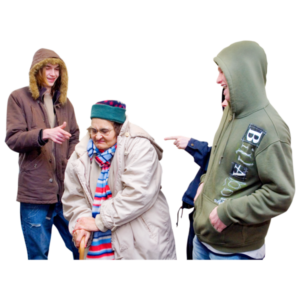
I was disappointed to see no one with a learning disability was included in the BBC programme.
People with learning disabilities have experiences of bullying, harassment, verbal, mental and physical abuse, mate crime and labelling.
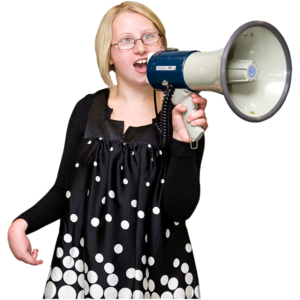
People need to be hearing their voice.
It should be them talking about it on the BBC not other people speaking for us.
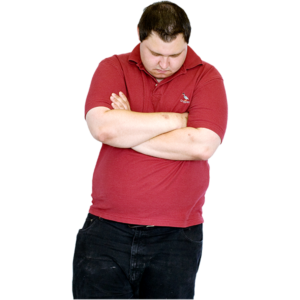
This is devastating to think about, it is prejudice.
People mustn’t be ignorant and must recognise the hurt, pain and damage it can do to people with learning disabilities.
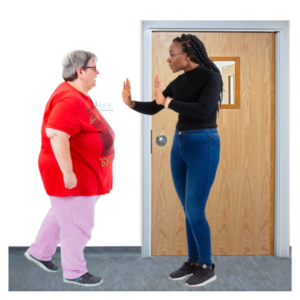
I think it is all part of a wider issue.
People with learning disabilities face discrimination in employment, when accessing services and housing and are more likely to live in poverty.
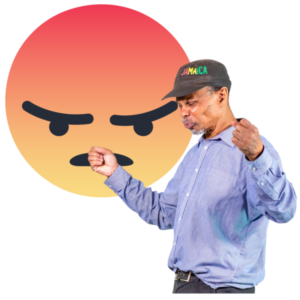
Unfortunately, people with learning disabilities are often seen as, second-class citizens.
It’s enough to make me very angry and feel left behind.
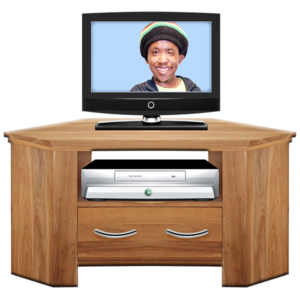
We must not listen to the medical model of disability but the social model.
We need positive attitudes spread through the media about people with learning disabilities and they need to be seen more regularly on the TV and in magazines.
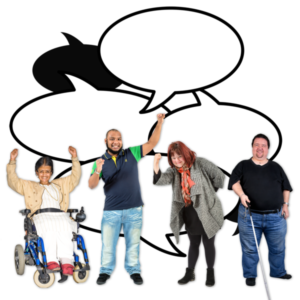
Lots of people with learning disabilities have done great and exciting things, you can see that from the book ‘Made possible: Stories of success by people with learning disabilities – in their own words’, by Saba Salman.
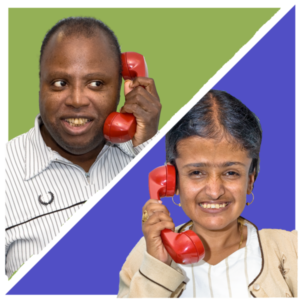
It was great to see the BBC talk about My Life My Choices phone buddy system the other day and to feature in that as self-advocacy groups have done great things during the pandemic and these should be talked about.

I spoke to Andrew Lee, Director of People First ltd. to hear about his experiences and what has been done by People First and others to try and tackle Disability Hate Crime:
‘As a survivor of disability hate crime, I know first-hand just how difficult it is to talk about and how difficult it is to report it. When I tried to report what happened to me the police took 3 days to respond, and then I was discouraged from taking it any further. It wasn’t taken seriously, and I was left to handle it on my own.
We often get asked about our experiences of hate crime. This can be difficult as it results in us having to relive traumatic experiences. This of course is the sacrifice we have to make if we want the public and the criminal justice system to understand how serious this is. So, at the very least we want to see a change in how we are supported to report hate crime and recover from it.
Back in the 90s David James from Herts People First worked with the local Police to develop a Hate Crime reporting pack. Inclusion London are also doing some important work in this area through their Hate Crime Partnership project, ‘Strengthening Deaf & Disabled People’s Organisations to combat Hate Crime against Disabled People’.
This work needs to be used as a foundation to help the authorities respond to and support people at the right time and in the right way.’
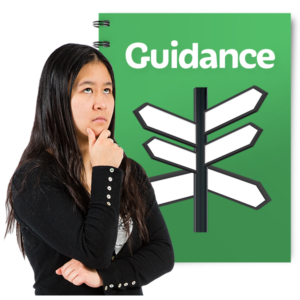
The College of Policing updated their guidance on responding to hate crimes on 21st January.
But more needs to happen than new guidance.
If we are to fight against these negative barriers, we need to get the government and local MPs on our side.
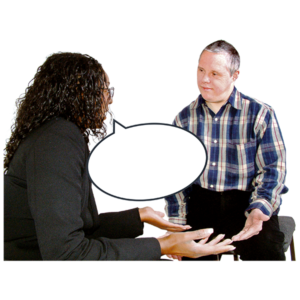
They must work together with self-advocacy groups and people with learning disabilities and learn how to support people properly and find out about people’s experiences.
This is the only way it can be combated properly.